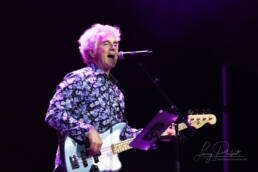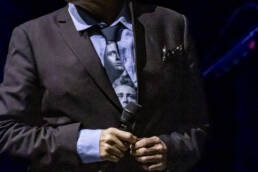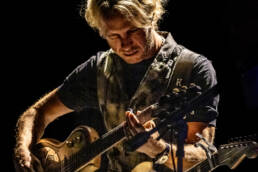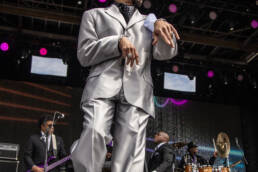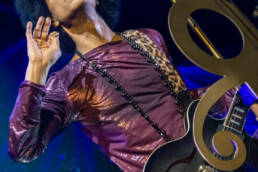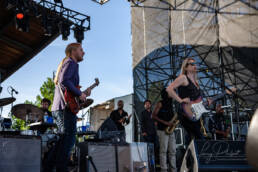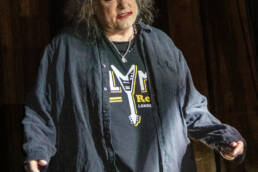Steve Winwood of Traffic, Spencer Davis Group, Blind Faith

Steve Winwood: The Kid Who Sang the Blues into Gold
The Spark That Struck the Keys
From the photograph above, it may be hard to picture a young Steve Winwood in 1960 Birmingham, England, a pint-sized kid with a mop of curls, hunched over his dad’s piano while the industrial clang of the Midlands rattled the windows. Music wasn’t a hobby—it was his birthright. At eight, he heard Ray Charles’ “What’d I Say” crackle through the family radio, that gritty soul igniting a fire. “It felt like he was singing my life before I’d lived it,” he’d tell Mojo. Raised in a musical home—dad Lawrence played sax in dance bands—Steve was gigging with local acts by 12. Music became his voice, his way to outrun a working-class fate and touch something eternal.
From Church Pews to Chart Peaks
Born Stephen Lawrence Winwood on May 12, 1948, in Handsworth, Birmingham, he was the eldest of two to Lawrence and Lillian, a secretary. A choirboy at St Michael’s Church, he fused hymns with R&B, joining The Spencer Davis Group at 14. Their 1965 hit “Keep On Running”—#1 UK—made him a teen sensation, his Hammond organ and raspy wail stealing the show. At 18, he split for Traffic in 1967, blending folk, jazz, and psych—Mr. Fantasy (1967) soared. A 1969 Blind Faith stint with Eric Clapton (their #1 album) dazzled, but Traffic’s second run (1970-1974) cemented his legend—John Barleycorn Must Die (1970).
Solo by 1977, Arc of a Diver (1980) and Back in the High Life (1986) hit big—soulful pop with a Grammy sheen. He’s toggled Traffic reunions (Far from Home, 1994) and solo gems (Nine Lives, 2008). Married to Eugenia since 1987 (after Nicole Weir, 1970-1986), he’s got four kids, living in Gloucestershire. At 76 in 2025, he’s still touring, voice weathered but warm.
Career Crew and Crossroads
Spencer Davis Group: Steve (vocals, keys), Spencer Davis (guitar), Muff Winwood (bass), Pete York (drums). Traffic’s peak: Steve, Jim Capaldi (drums), Chris Wood (flute, sax), Dave Mason (guitar, off-and-on). Blind Faith—Clapton, Ginger Baker, Ric Grech. Solo, he’s leaned on session aces like Willie Weeks. Ties? Clapton’s a lifelong pal—Steve guested on Slowhand (1977). He’s jammed with Hendrix (Electric Ladyland, 1968) and mentored Dave Matthews. Nicole’s 1986 death (cancer) rocked him; Eugenia’s his steady now.
Onscreen, “Higher Love” lit up It’s Always Sunny (2008); he played himself in Blues Brothers 2000 (1998). Awards? Two Grammys (Back in the High Life, 1986—Record, Male Pop), a 2004 Traffic Rock & Roll Hall of Fame nod.
Biggest hits:
- “Higher Love” (Back in the High Life, 1986) – Steve and Will Jennings’ #1 US soul-pop triumph.
- “Gimme Some Lovin’” (I’m a Man, 1966) – Steve, Spencer, and Muff’s #7 US Spencer Davis groove.
- “Valerie” (Talking Back to the Night, 1982; remixed 1987) – Steve and Jennings’ #9 US synth gem.
- “Dear Mr. Fantasy” (Mr. Fantasy, 1967) – Steve, Capaldi, and Wood’s Traffic classic, uncharted but eternal.
Storms in the Soul
Steve’s controversies murmur, not roar. Blind Faith’s 1969 implosion—hype outran output—left fans grumbling; Steve told Rolling Stone, “We weren’t ready.” His 1980s pop pivot irked Traffic purists—“Too slick!” cried X posts in retro debates. A 1990 DUI in England—caught weaving post-gig—earned a fine; he quipped, “Lesson learned.” In 2020, he dodged COVID vax talk on X, irking woke fans—“Silence is complicity!”—but he’s stayed above fray. No tabloid sleaze—just a quiet man whose storms are private.
The High Life Endures
From a Birmingham choir to rock’s tapestry, Steve Winwood’s woven soul into decades. At 76 in 2025, he’s touring Greatest Hits Live, his voice a seasoned balm. He didn’t chase stardom—he built it, proving a kid’s blues could light the world.

